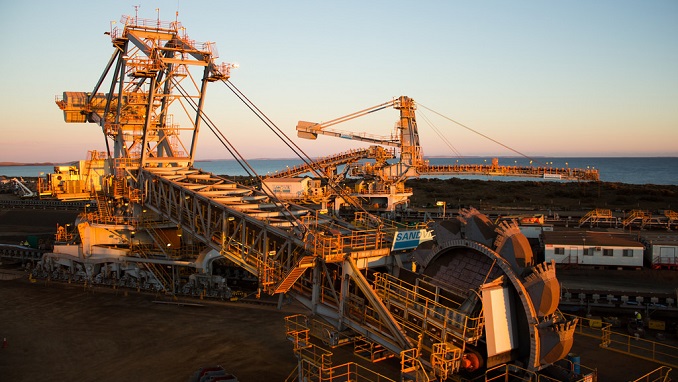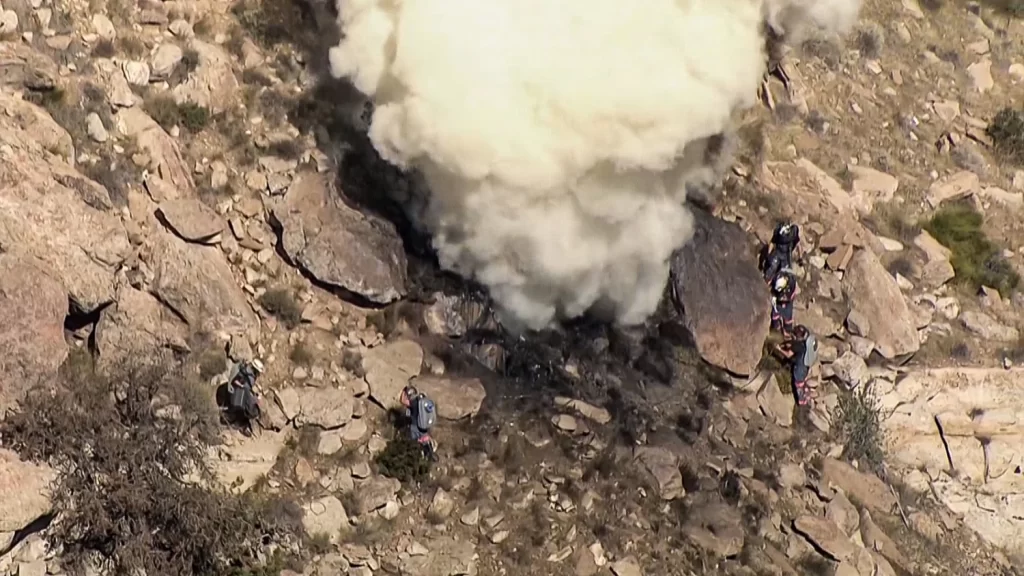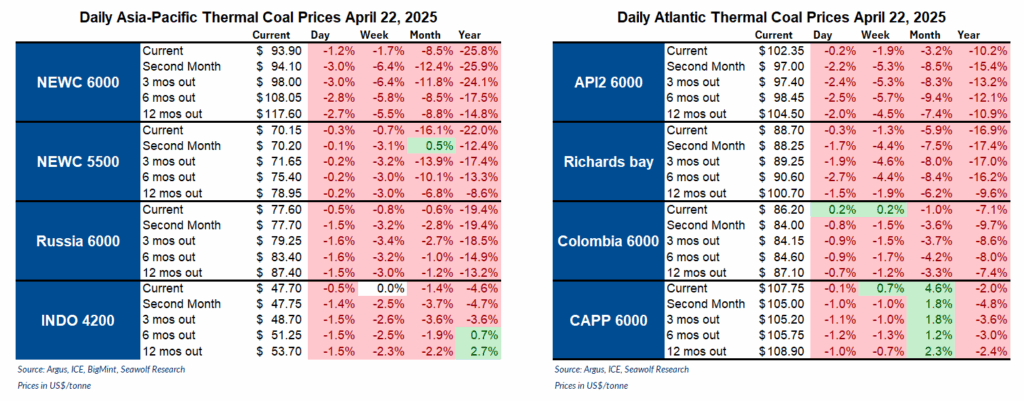In the Belovo Urban District of Kemerovo Oblast, Russia, employees of the Inskaya coal mine have declared a hunger strike, protesting four months of unpaid wages. The workers have set up tents near the administrative building of the mine, owned by Razrez Inskoy JSC, in a desperate bid to highlight their plight. This underground mine, operational since 2011, has faced persistent financial troubles, further exacerbated by the recent downturn in the global coal industry.
The hunger strike followed a meeting between the miners and mine owner Denis Nemykin, which was attended by representatives from the regional government, the prosecutor’s office, Rostekhnadzor, and the Ministry of Emergency Situations. During the meeting, Roman Fidler, the mine’s director, confirmed that the workers had not been paid for the last four months, with total unpaid wages amounting to 46 million rubles for 382 employees. In addition to wage arrears, the mine faces substantial debts for water and electricity and lacks the funds to maintain essential industrial safety standards.
The Inskaya coal mine, which is operated by Razrez Inskoy JSC, has a complex ownership history, reflecting years of turbulence. Originally built on the site of the former underground mine Signal, which was closed in 1998 due to an underground fire, Inskaya began operations in 2011. Since 2016, the mine has experienced several changes in ownership amid allegations of criminal activities, bankruptcies, and unfulfilled debt agreements. In 2022, the company’s assets were auctioned off as part of official bankruptcy proceedings. Despite the uncertainty, production continued through 2022, albeit with salary payments becoming increasingly irregular. In August 2023, the mine’s equipment and property were sold in an auction to a private individual, Pavel Bubnikov.
The mine’s recent financial struggles have had severe consequences. Nemykin revealed that the mine’s total debts, including salaries and taxes, have now reached 1.2 billion rubles. The mine’s production capacity stands at 1.5 million tonnes annually, but the break-even production requirement of 92,000 tonnes per month has only been met once this year, back in January. Nemykin acknowledged his own shortcomings, citing an inability to provide sufficient staff, maintenance, and funding for repairs.
During the meeting, Nemykin urged miners to extract the remaining 300,000 tonnes of coal from the longwall, promising to pay part of the wage arrears within the next week. However, this suggestion was met with staunch resistance from the miners, who pointed out that the mining equipment is severely worn out. Fidler emphasized that the condition of the machinery makes it impossible to simply resume mining operations safely. The miners accused the owner of pushing them into dangerous conditions, leading to their decision to declare a hunger strike until all wage arrears are paid in full.
A statement from the miners, published by the local outlet “Incident Kuzbass” and signed by 12 workers, underscored their determination to continue the hunger strike until they receive their overdue wages. In response to the ongoing crisis, the Russian Investigative Committee has opened a criminal case regarding non-payment of wages, adding a legal dimension to the unfolding labor dispute.
This labor action comes at a particularly challenging time for Russia’s coal industry, which is experiencing its worst crisis in 30 years. According to independent energy expert Maxim Ivanov, coal companies are struggling due to several compounding factors, including an embargo from the European Union, high tariffs imposed by China, and the need to offer steep discounts to stay competitive. Additionally, global coal prices have plummeted by 34% in the first half of 2024, dropping to $132 per ton, placing further financial strain on coal producers.
The financial instability has taken a heavy toll on the Russian coal sector. Rosstat reports that more than half of coal companies have become unprofitable, with the total industry loss amounting to 7.1 billion rubles in the first half of the year. Losses of unprofitable companies have increased more than threefold, while the profits of profitable ones have dwindled by 72%.
The situation at the Inskaya mine epitomizes the broader crisis facing Russia’s coal industry. As workers demand their wages and protest dangerous working conditions, the mine’s financial woes and operational challenges illustrate the systemic issues plaguing the sector. For the miners at Inskaya, the hunger strike represents a last-ditch effort to secure their livelihoods amidst an increasingly bleak outlook for the industry.
Credit to Twitter account @Prune602 for consistently highlighting the region’s recent issues.









